Possible origin of the “toxic cascade” that triggers Alzheimer’s discovered
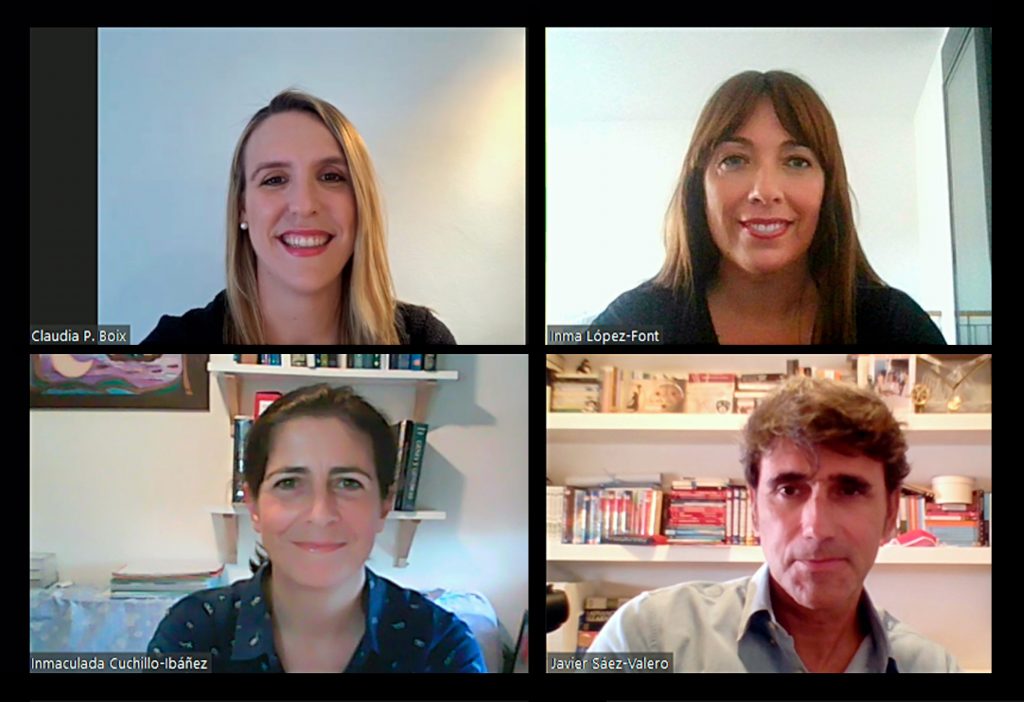
The laboratory of the researcher from the Neurosciences Institute, the joint centre of the Miguel Hernández University (UMH) and the National Scientific Research Council, Javier Sáez Valero, has published the results of research that points to the possible triggering mechanism for Alzheimer’s. The results of this research could be applied, in the short term, to […]
Professor Elsa López appointed European representative for a global initiative for the rational use of antibiotics
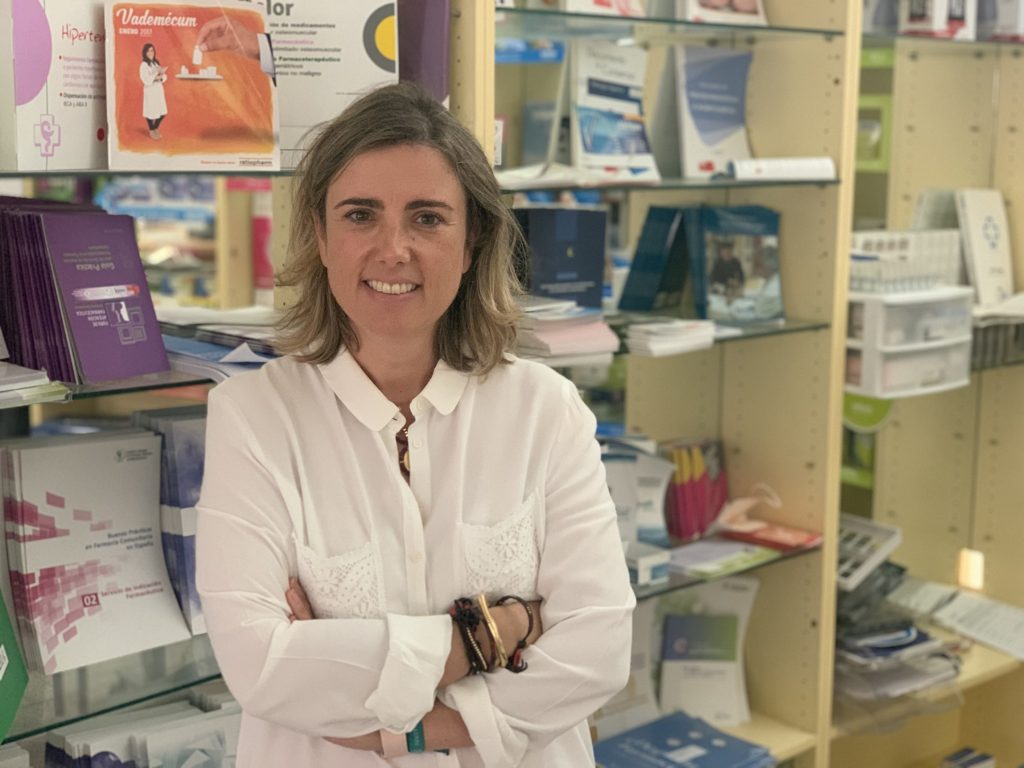
Pharmacy and Pharmaceutical Technology professor from the Miguel Hernández University (UMH) of Elche, Elsa López Pintor, has been chosen to be the European representative of the Global Respiratory Infection Partnership (GRIP). Her role in this partnership will be promote educational, political and public health initiatives that strengthen the role of pharmaceutical personnel in the optimisation […]
The UMH and the Association for Scientific Dissemination sign a contract to collaborate in various activities
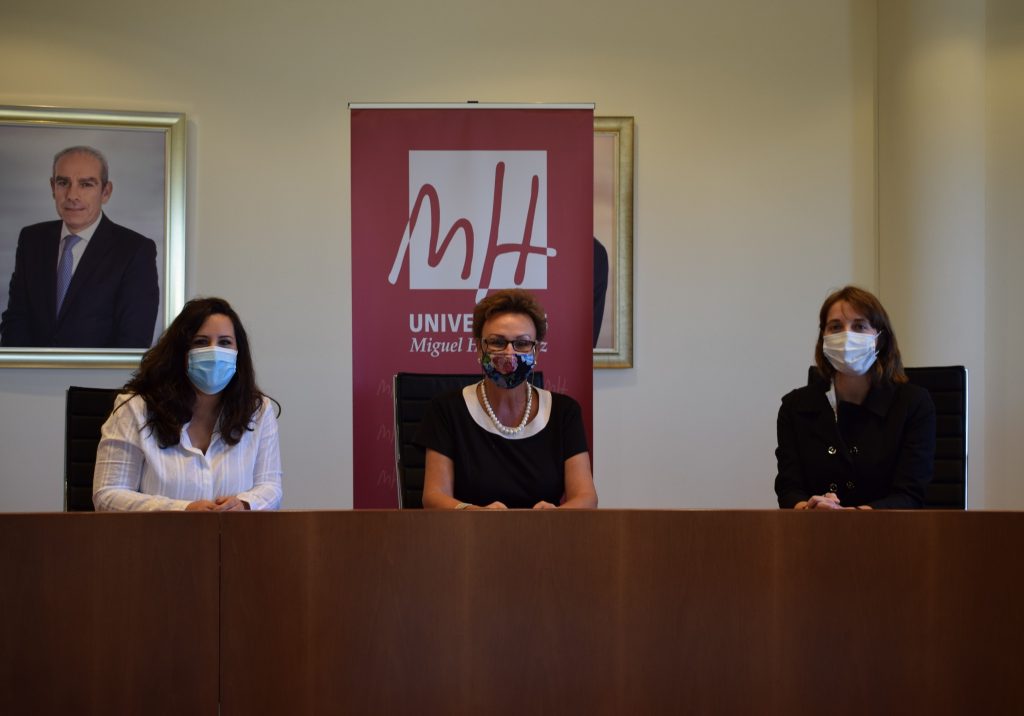
The Vice-Rector for Institutional Relations at the Miguel Hernández University (UMH) of Elche, María Teresa Pérez Vázquez, and the president of the Association for Scientific Dissemination (ADC), Cristina Palacios Rodríguez, signed a collaboration agreement this morning. Under the terms of this agreement, the two institutions will collaborate on dissemination, training and research activities. Specifically, […]
Ducks play an essential role in the dispersal of seeds according to an international study in which UMH took part

Miguel Hernández University (UMH) of Elche researcher, Esther Sebastián González, has taken part in an international study of duck populations in the United Kingdom, France and Spain that concludes that ducks play an unknown and, at the same time, essential role in the dispersal of seeds. The research has been accepted for publication in the […]
A robot so that brain-damaged patients can recover at home
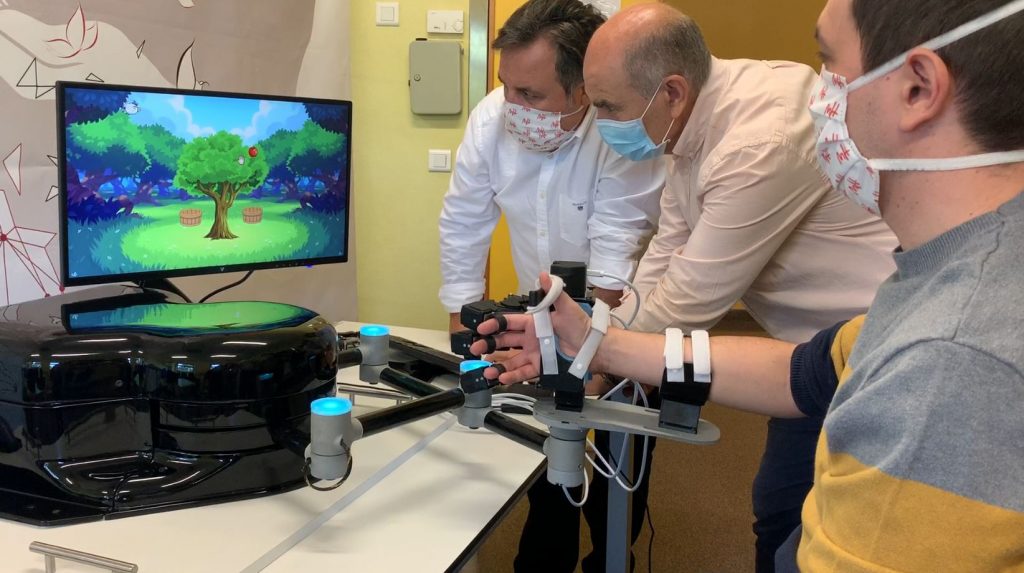
To maximise motor recovery for people with acquired brain damage. This is the objective of the robot created by researchers from the Biomedical Neuroengineering Group from the Miguel Hernández University (UMH) of Elche and the iDRhA spin-off so that those patients with arm or hand mobility problems can continue their rehabilitation at home once their […]
A mobile application for children with Autism Spectrum Disorder (ASD)
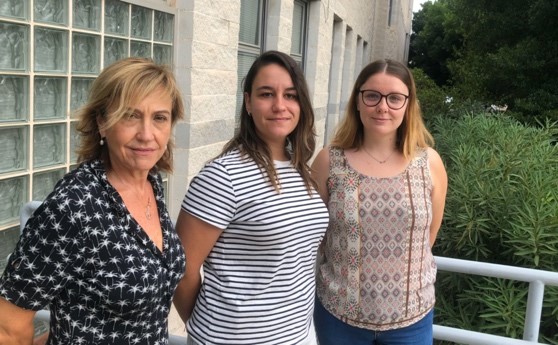
Indra and the Universia Foundation have awarded 19,000 euros to the Anticipa-TEA project of the researcher from the Public Health Department of the Miguel Hernández University (UMH) of Elche, Manuela García de la Hera. The project of the professor and researcher from the Nutrition Epidemiology Unit (EPINUT) of the UMH, García de la Hera, intends […]
The bacterial load of chewing gum persists even weeks after being in the ground
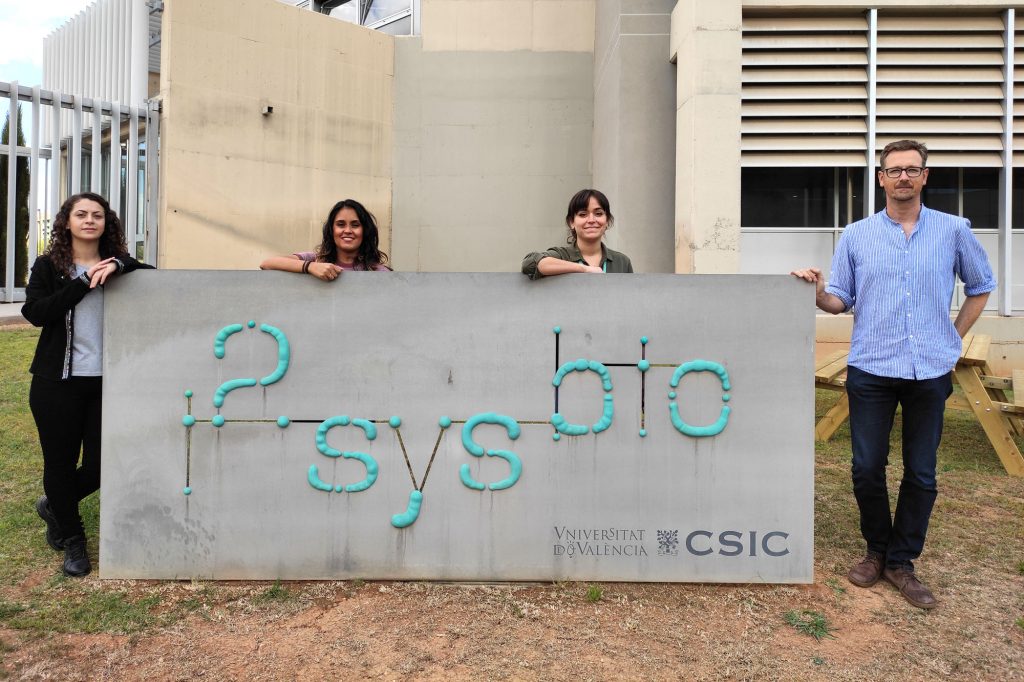
Researchers from the Institute of Integrative Systems Biology (I2SysBio), a joint centre of the University of Valencia and the CSIC, has analysed the wasted chewing gum bacteria from five different countries. The research, just published in the journal ‘Scientific Reports’, shows that the bacterial load of gum changes in a matter of weeks and that oral bacteria persist surprisingly long enough when gum is in the ground. This research can be applied in forensic medicine or control of contagious diseases.
The role of dopamine in neurons involved in some psychiatric disorders investigated
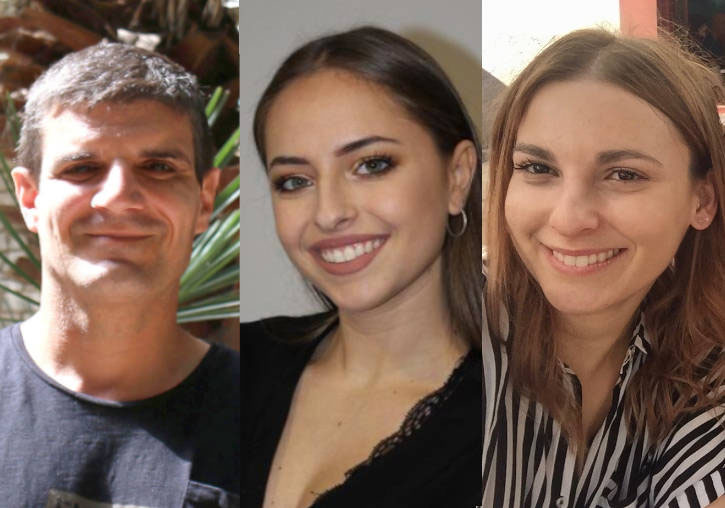
Juan Nácher, professor of Cell Biology at the University of Valencia (UV), has conducted research on the role of dopamine – a substance in the brain important in behaviours – in a population of immature neurons in the adult brain, which could be involved in some psychiatric disorders, mainly depression. The work, published in the journal ‘Frontiers in Neuroscience’, suggests a new target in the treatment of these conditions.
Two insecticides recommended in pest management negatively affect beneficial insects through honeydew
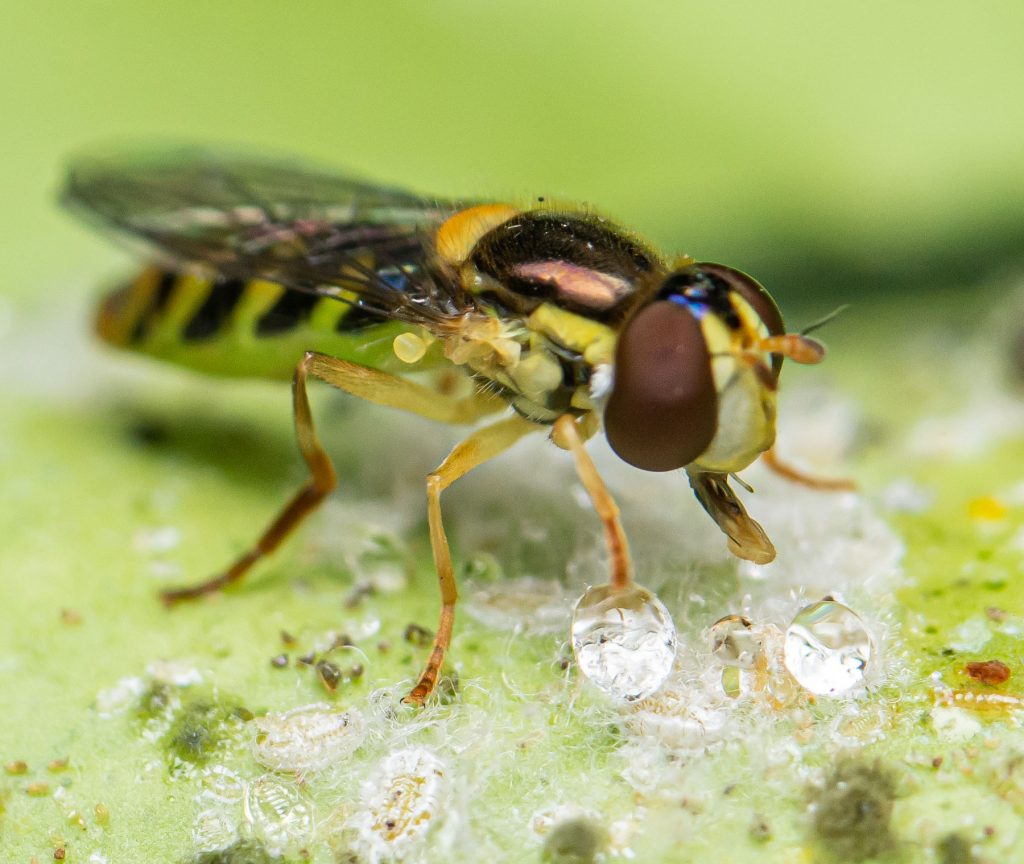
A study by the University of Valencia (UV), the CSIC, the CIDE (Desertification Research Centre) and the Valencian Institute for Agrarian Research (IVIA) shows that pymetrozine and flonicamide, two insecticides recommended in some integrated management programs pests (GIP), can negatively affect biological control agents when they feed on honeydew. The work, applied to citrus fruits, has been published in the journal Environmental Pollution.
The future Valencian teachers of Primary Education need to improve their knowledge about the risk of flooding
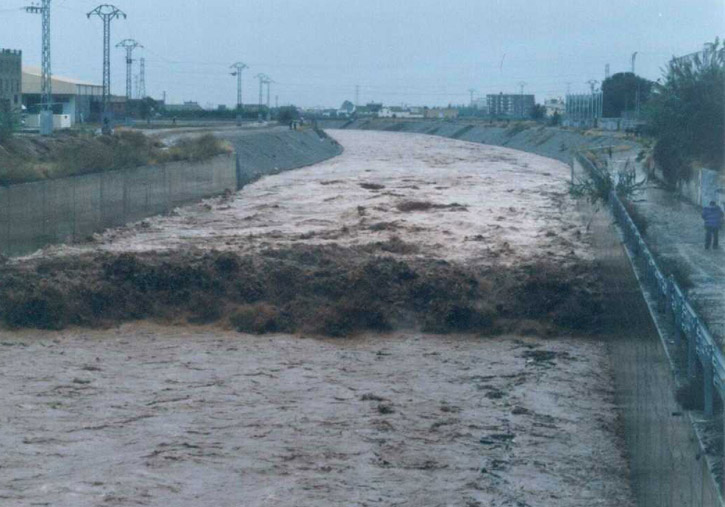
A study by Álvaro Morote, a researcher at the Faculty of Teacher training at the University of Valencia (UV) and by María Hernández, professor of Geography at the University of Alicante (UA), highlights that current teaching students at the UV have not received sufficient training during their school education on the risk of flooding and its relationship with climate change. In addition, there is a lack of knowledge on the subject that is accentuated by the information sources used by future teachers (especially the Internet), and because only 11.2% of those surveyed believe that training their future students in this area can reduce risks.